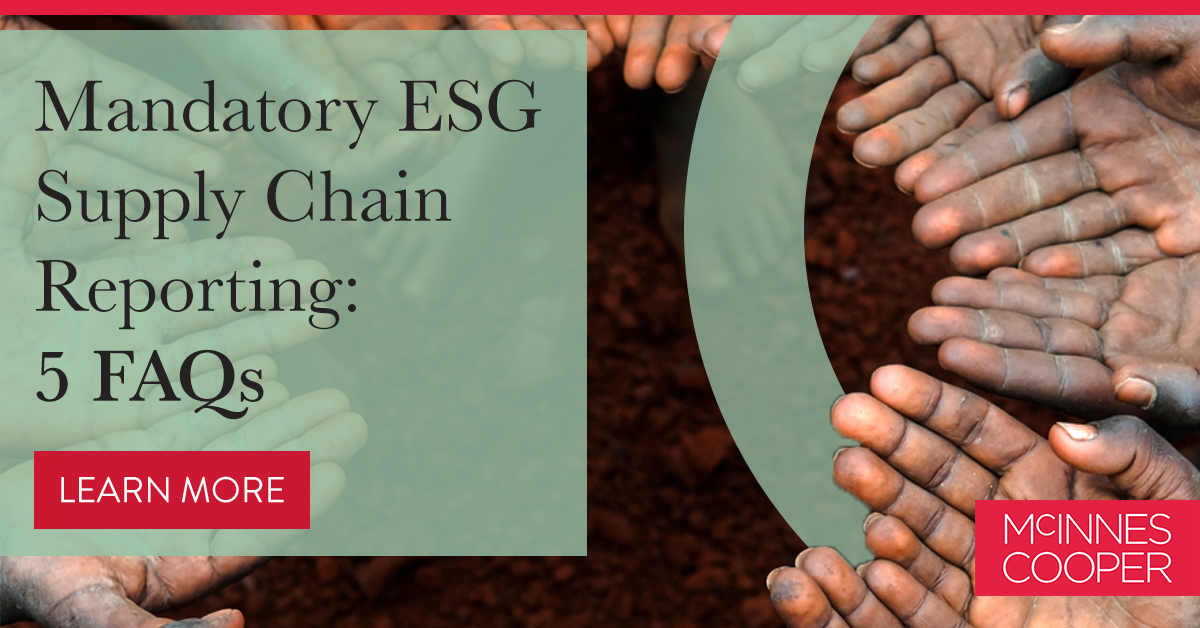Alexis Asks: The Supply Chain Impact of Canada's Modern Slavery Act

On May 3, 2023, Canada passed the “Fighting Against Forced Labour and Child Labour in Supply Chains Act”, which aims to combat modern slavery through transparency. The law requires entities to report on their due diligence programs to prevent forced and child labor. Brad Gates explains that the law was prompted by the USMCA, with Canada leading in modern slavery regulations among its neighbors. Challenges remain in enforcing laws globally.
Source: Link
FAQ - The Supply Chain Impact of Canada's Modern Slavery Act
Frequently Asked Questions
FAQ 1: What is Canada's Modern Slavery Act?
Answer: Canada's Modern Slavery Act is the Fighting Against Forced Labour and Child Labour in Supply Chains Act (referred to as the Act in sources). It is legislation that took effect in Canada with the aim to combat forced labor and child labor in supply chains.
FAQ 2: When did Canada's Modern Slavery Act come into force?
Answer: According to Public Safety Canada's updated guidance referenced in a PwC article on March 11, 2024, it seems that the Act came into force around that time. For a precise date, you should refer to the latest government publications.
FAQ 3: What are the key obligations of businesses under Canada's Modern Slavery Act?
Answer: Businesses are required to determine their obligations under the Act, which includes reporting measures and possibly implementing changes in their supply chains to root out instances of forced labor and child labor. Specific guidance can be found in federal government updates and resources like McInnes Cooper's publications and Osler's 'how-to' guide.
FAQ 4: How does the Modern Slavery Act impact Canadian supply chains?
Answer: The Act directly impacts Canadian supply chains by mandating reporting on measures taken to prevent and address forced labor and child labor. Companies will need to have greater visibility and control over their supply chains to ensure compliance.
FAQ 5: What kind of software or tools can help businesses comply with the Modern Slavery Act?
Answer: Businesses can leverage AI-powered supply chain risk management software to gain real-time visibility into their supply chains and identify risks or incidents related to forced and child labor. An example is the software platform mentioned at FRDM.co, which provides these services.
FAQ 6: Are there similar laws in other jurisdictions like California's Transparency in Supply Chains Act?
Answer: Yes, there are other regional laws such as the California Transparency in Supply Chains Act which requires retail sellers and manufacturers to disclose their efforts to eradicate slavery and human trafficking from their supply chains.
Thank you, Alexis, for your inquiry on the Supply Chain Impact of Canada's Modern Slavery Act. For further details or to ensure the latest compliance requirements, please consult the links provided in the search results or the official government websites.

